Terra Critica’s holds annual core meetings, which have been sustained by the network’s core members since 2012. Terra Critica also enjoys a growing network of associated members, who contribute to Terra Critica’s activities on a regular basis. And since 2019, we are able to offer an annual residency at Utrecht University. For more information, please click on the tabs below.
the network of people
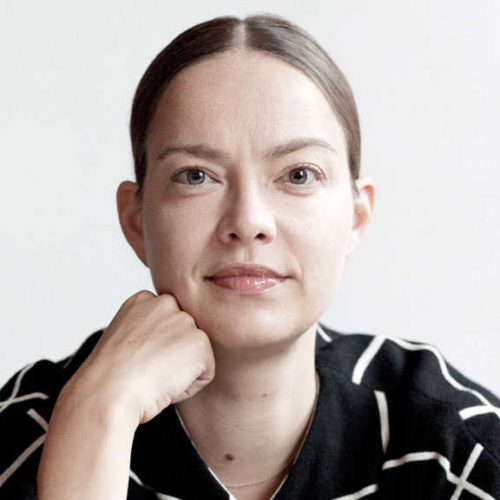
Mercedes is series editor of Search of Media (University of Minnesota Press), together with Wendy Chun, Timon Beyes and Goetz Bachmann. She is co-founder of the open access publishing house meson press and co-edited with Birgit M. Kaiser and Kathrin Thiele Symptoms of the Planetary Condition: A Critical Vocabulary (meson press 2017).
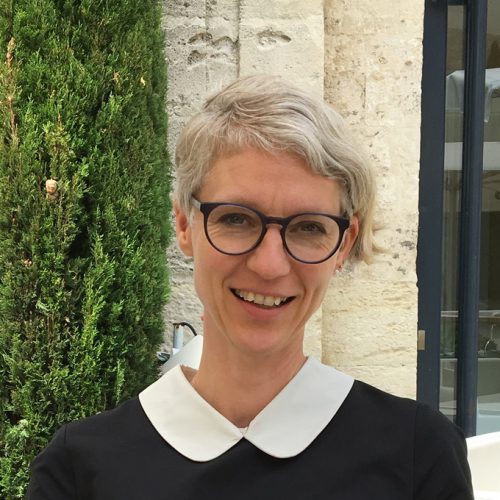
Together with Kathrin Thiele, she is founding coordinator of Terra Critica. In that context, she also works on the role of the humanities and their critical heritage. With Timothy O’Leary and Kathrin Thiele, she edits the book-series New Critical Humanities (with Rowman & Littlefield International) and has edited with Kathrin Thiele a special issue of Parallax on ‘Diffracted Worlds – Diffractive Readings: Onto-Epistemologies and the Critical Humanities’ (2014), as well as with Kathrin Thiele and Mercedes Bunz Symptoms of the Planetary Condition: A Critical Vocabulary (meson press 2017).
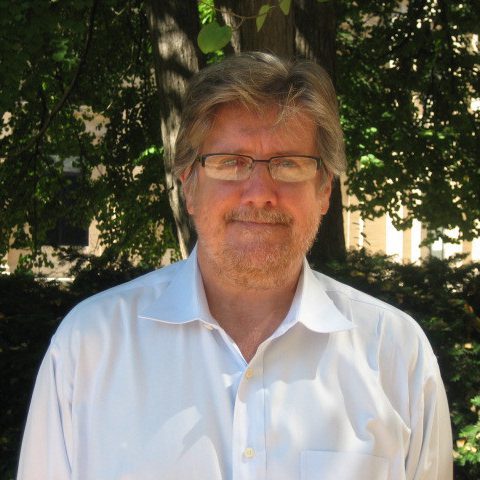
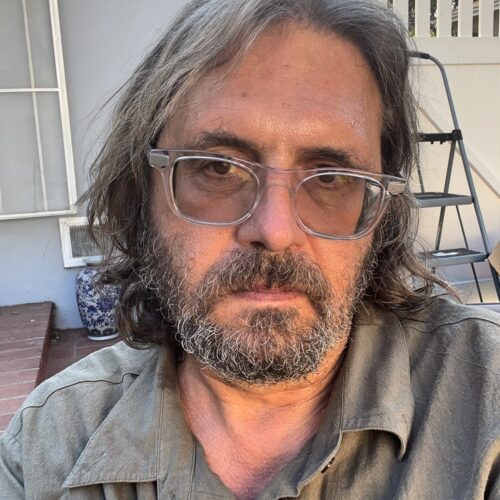
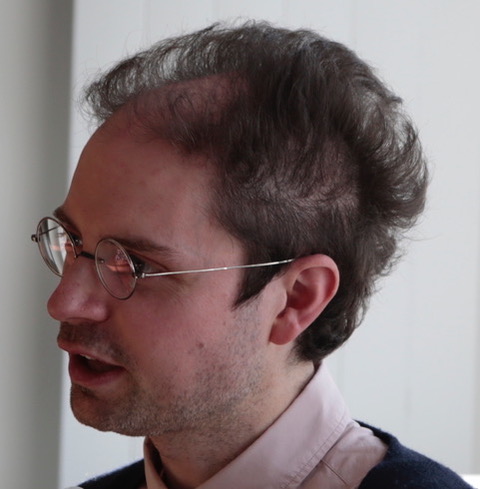
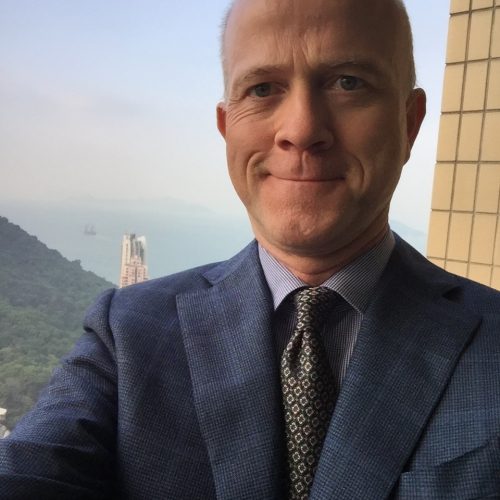
Before coming to the University of New South Wales in Sydney in 2018, he taught philosophy for 17 years at the University of Hong Kong, where he also served as Associate Dean of Arts (Research & Postgraduate), the Head of the School of Humanities, and an elected member of HKU Council. In his current position as Head of the School of Humanities & Languages at UNSW, he is particularly keen to promote the critical role of the humanities in our contemporary world of splintered politics, huge inequalities, and a growing environmental crisis.
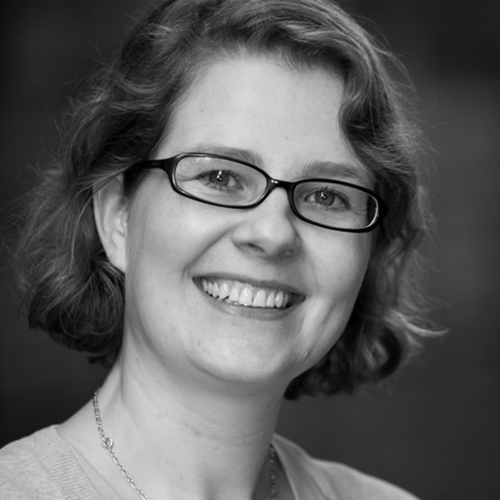
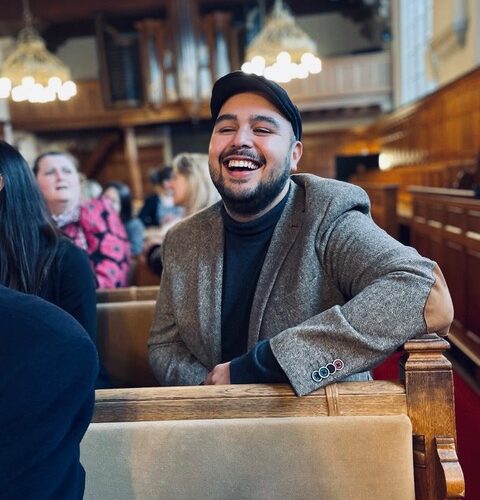
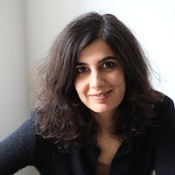
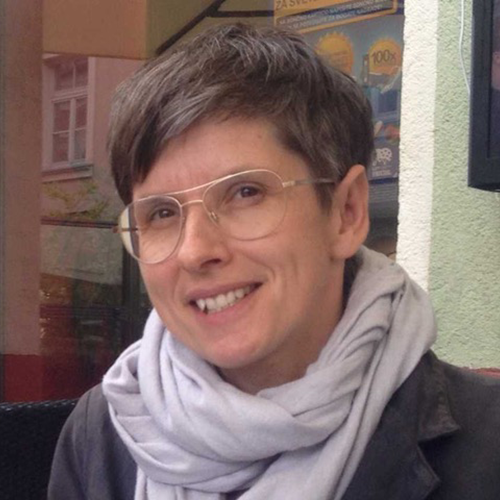
Together with Birgit M. Kaiser, she is founding coordinator of Terra Critica, and with Timothy O’Leary and Birgit M. Kaiser she edits the book-series New Critical Humanities (with Rowman & Littlefield International).
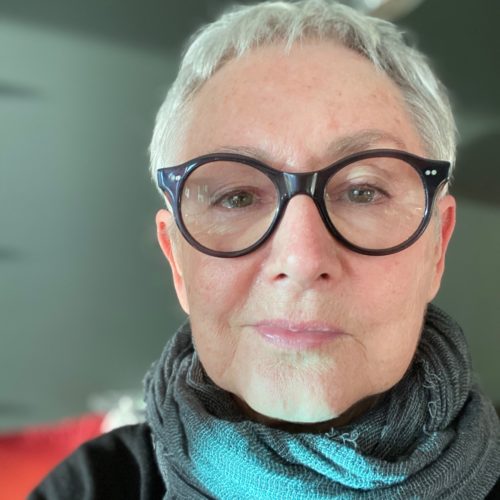
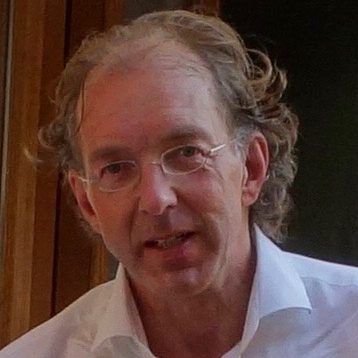
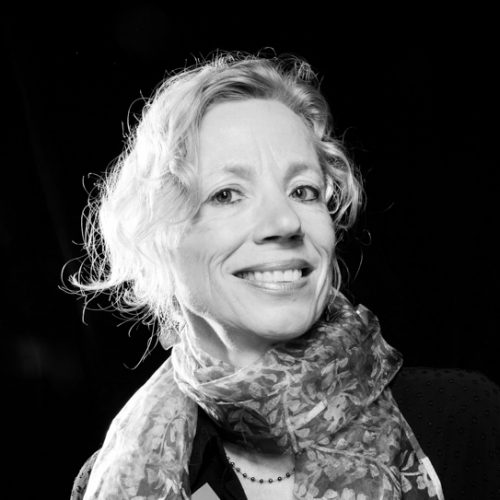
She is currently writing a book entitled Becoming Plastic, which focuses on the notion of plasticity as a structuralization of the "possibility of another world." This monograph, centered on the work of philosopher Catherine Malabou, extends the themes of Postmodern Utopias, namely: hospitality; utopia; aesthetics; and feminism. In February 2018 opens an art exhibition entitled Plastic Entanglements: Ecology, Aesthetics, Materials at the Palmer Museum of Art at Penn State. Wagner-Lawlor co-curated this exhibition with Joyce Robinson, curator at the Palmer Museum, and Heather Davis, co-editor of The Art of the Anthropocene, Open Humanities Press, 2015.
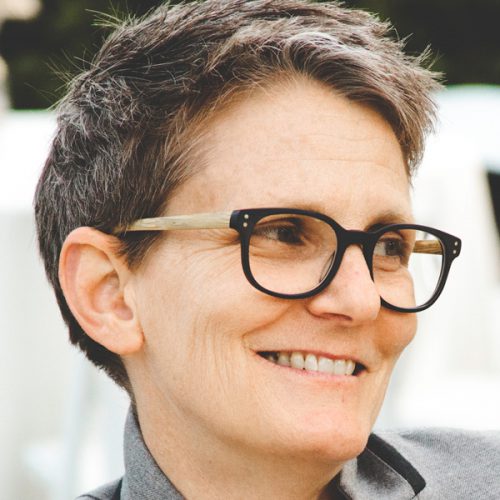
Her research interests have focused on the complexities of race and sexuality as mutually animating social dynamics, particularly in specific historical registers of colonialism, classical liberalism, and neoliberalism. Increasingly interdisciplinary, she remains committed to psychoanalytic cultural analyses alongside historical and sociological research. In addition to numerous articles and essays, she has published three books: Queering Freedom (Indiana: 2006); Reading Bataille Now, editor (Indiana: 2006); and Way Too Cool: Selling Out Race and Ethics (Columbia: 2015). She also co-edited, with Lynne Huffer, philoSOPHIA: A Journal of Continental Feminism 2013-18 and, with Jana Sawicki, a special issue of Foucault Studies, “Foucault and Queer Theory” (2012).
Since 2019, Terra Critica annually offers a two-week residency, made possible in collaboration with the Institute for Cultural Inquiry (ICON) at Utrecht University.
